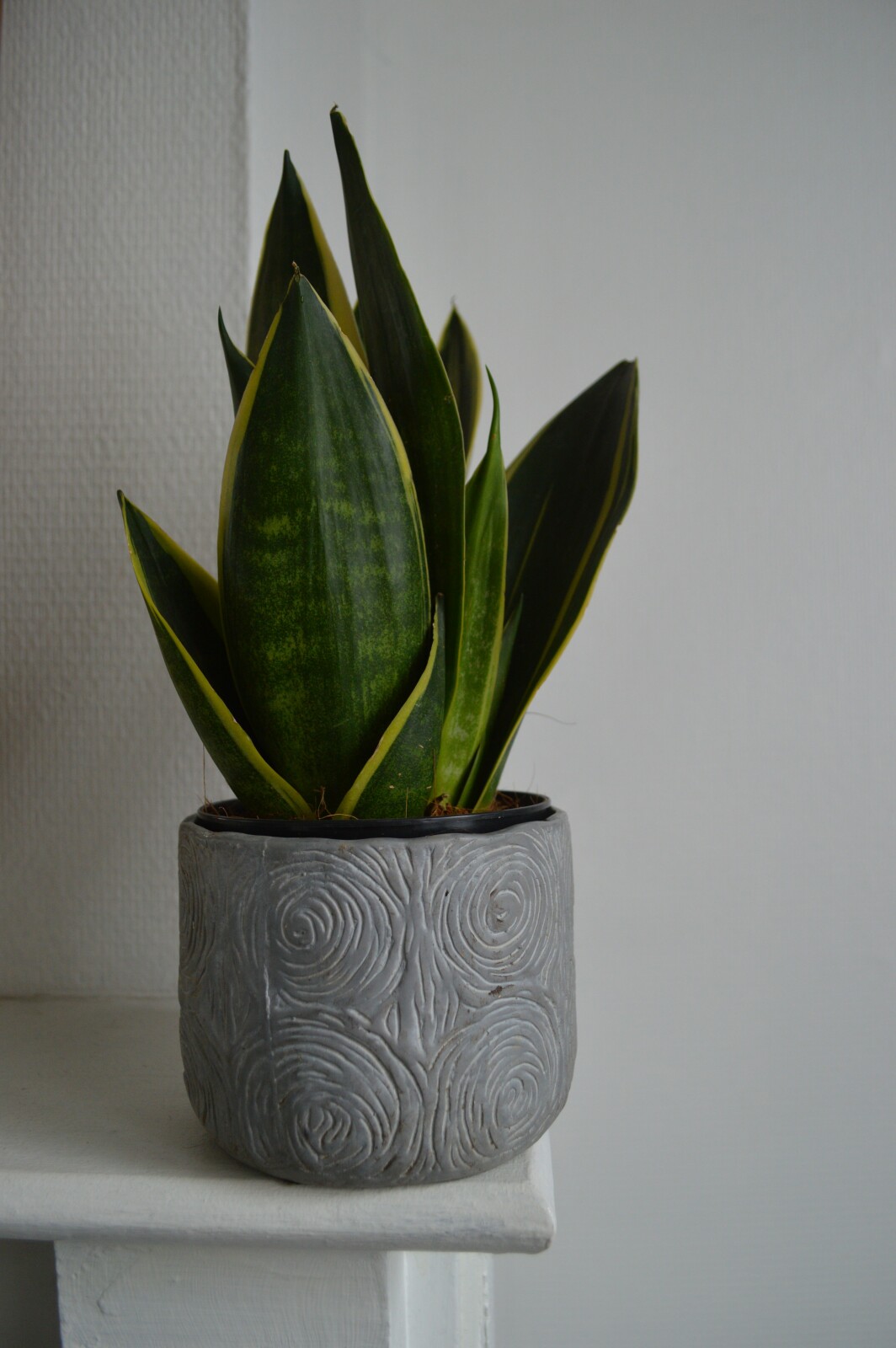
Do you experience weekly debilitating migraines? If so, you know just how unbearable and limiting it can be. Unfortunately, many are not aware of the specific food triggers that could be causing or worsening their condition. In this blog post, I will highlight the top 7 food triggers for migraine sufferers.
1. Gluten – Gluten is a protein found in grains like wheat, rye, and barley. For those with gluten sensitivities, consuming foods containing gluten can trigger migraines. Therefore, if you have a history of migraines, it’s best to avoid anything
containing gluten such as breads, pasta, cereals and more.
2. Sorghum – This grain contains a compound called sorbic acid which some studies suggest can trigger migraines in certain people due to its chemical makeup and structure. Therefore, avoiding foods made with sorghum is recommended for those who suffer from frequent migraines.
3. Monosodium Glutamate (MSG) – MSG is commonly used as a flavor enhancer in many processed foods and can act as a trigger for migraine pain due to its ability to dilate blood vessels in the brain. Avoiding processed foods and reading labels carefully will help to reduce your risk of experiencing an MSG-induced migraine attack.
4. Artificial Sweeteners – Many artificial sweeteners contain chemicals known to cause headaches such as aspartame and sucralose which are commonly found in diet drinks and sugar-free gum/candy/desserts products respectively. To avoid triggering a migraine attack it’s best to stay away from products containing these ingredients or switch over to natural sweeteners like honey or stevia instead.
5. Alcohol – Alcohol consumption has been linked to increased levels of inflammation in the brain which could lead to headache/migraine attacks for some people; red wine being one of the worst offenders here due its high levels of histamine content and sulfites present in it! It’s best to stick with white wine & champagne if possible but also take care when consuming any alcoholic beverages in general too!
6. Cured Meats - Cured meats like salami & bacon often contain nitrates which have been found to increase the risk of experiencing migraine attacks by up to 50%. Steer clear from these meats or opt for uncured versions instead whenever possible!
7. Chocolate - Dark chocolate has been known to increase serotonin levels leading some people into “migraine territory” so be sure not consume large quantities of this tasty treat! Go ahead though & enjoy a small square (or two!) every now & again without worry too much about triggering an attack!
While there is no one-size-fits-all solution when it comes to preventing migraines triggered by food triggers—as different individuals react differently—these seven tips should serve as a good starting point when looking at what might be causing your own headache issues! If you think that any of these food triggers may be contributing towards your migraine symptoms then try eliminating them from your diet first before moving on any other treatment options available out there today! Good luck on your journey towards finding relief from your debilitating headaches & please don’t hesitate reach out if I can help guide you on this path too…because nobody should have live their life limited by pain & discomfort alone!
By the way, I've gone from 16 to 24 migraines days per month down to less than 1 by decreasing inflammation along with alternative treatments. Does this still sound overwhelming - like how do I even start? There is a FREE 11 Day Jumpstart next month where it walks you through step by step and has easy to follow instructions to get you started (all you need is the vitamins and minerals that do the work). Click Here for details, leave a comment, and I'll get you in!

If you're a stay at home mom with kids, then you know that migraines are no joke. In the past, I experience debilitating migraines almost every day. I started to feel like a broken record because I'd keep asking myself, "Why do I keep getting migraines everyday?"
Migraines are definitely not fun, but migraines also aren't uncommon. In fact, according to the World Health Organization, migraines are the 6th most disabling illness in the world. So if you're wondering why you keep getting migraines, you're not alone. Here are a few possible reasons:
Dehydration: Dehydration is one of the most common causes of headaches and migraines. When you don't drink enough water, your body starts to function less efficiently which can lead to all sorts of problems including headaches and migraines. So if you're wondering why you keep getting migraines, make sure you're drinking enough water throughout the day.
Stress: Stress is another common trigger for migraines. When you're stressed, your body goes into fight-or-flight mode which can cause a whole host of problems including tension headaches and migraines. If you find that you're constantly under stress, it might be time to take a step back and reevaluate your priorities.
Hormonal Imbalance: Hormonal imbalance is another possible reason for frequent migraines. If you're a woman, fluctuating hormone levels can trigger headaches and migraines around the time of your period. If this is the case for you, there are some natural remedies that can help to balance your hormones and alleviate your symptoms.
If you've been wondering why you keep getting migraines, chances are it's one of these three reasons: dehydration, stress, or hormonal imbalance. But don't worry, there are things you can do to help alleviate your symptoms. Drink plenty of water throughout the day, try to reduce the amount of stress in your life, and consider trying some natural remedies for hormonal imbalance.
By the way, I've gone from 16 to 24 migraines days per month down to less than 1 by decreasing inflammation along with alternative treatments. Does this still sound overwhelming - like how do I even start? There is a FREE 11 Day Jumpstart next month where it walks you through step by step and has easy to follow instructions to get you started (all you need is the vitamins and minerals that do the work). Click Here for details, leave a comment, and I'll get you in!

I'm no relationship expert. In fact, I'm quite the opposite. I'm a 46-year-old stay-at-home mom with two of my four kids still at home and in the past had weekly migraines so debilitating that they landed me in the hospital on more than one occasion. So, when it comes to advice on how to keep your relationship strong in spite of migraines, you'd be better off asking anyone but me. That being said, I have been through the ringer when it comes to migraines and relationships, so I feel like I have at least a little bit of insight to offer.
Migraines and the Seven Stages of Grief
If you've ever been through a break-up, you're probably familiar with the seven stages of grief: denial, anger, bargaining, depression, testing, acceptance, and hope. While you might not think that migraines and relationships have much in common, the two actually share a lot of the same stages of grief. Here's how:
Denial: This is when you first get a migraine and you try to pretend like it's not happening. You pop an ibuprofen and carry on with your day like normal. But we all know that migraines don't work like that. Eventually, the pain becomes too much to bear, and you're forced to face reality.
Anger: This is when you're angry at everyone and everything. You're angry at your partner for not understanding what you're going through. You're angry at your boss for giving you too much work to do. You're angry at the barista for getting your order wrong. You're just angry. And when you're dealing with a migraine, everyone and everything is a target.
Bargaining: This is when you start making deals with God or whoever else will listen. "If you make this migraine go away, I promise I'll never drink caffeine again." "I'll go to church every Sunday if you just make this pain stop." "I'll give up chocolate if you let me sleep for just one hour." We've all been there.
Depression: This is when the migraine has taken over your life and you can't see any light at the end of the tunnel. You cancel plans because you know there's no way you can function socially with this level of pain. You miss important deadlines at work because you can't focus on anything other than the throbbing in your head. All you want to do is curl up in a dark room and ride out the storm until it passes.
Testing: This is when you start testing your limits to see how much pain you can actually tolerate before breaking down completely. It's like playing a game of chicken with yourself where the prize is passing out from sheer agony. And we all know that's not really a prize worth winning.
Acceptance: This is when (hopefully) you finally come to accept that migraines are a part of your life and there's nothing you can do to change that fact. But acceptance doesn't mean giving up; it just means coming to terms with reality so that you can start finding ways to work around it instead of against it.
Hope: This is when find yourself starting to feel hopeful again despite everything that migraines have put you through. Maybe it's because spring is finally here and allergies aren't triggering as many headaches as they were a few months ago. Maybe it's because you've found a new supplement or program that seems to be helping. Or maybe it's because you've finally come to accept that migraines are just a part of who you are. Whatever the reason, hope is what keeps us going even on our darkest days.
If there's one thing that I've learned from my years of experience dealing with migraines, it's that they definitely take their toll on relationships—romantic ones, friendships, family bonds, work connections, pretty much all of them. But even though migraines can put strain on any relationship, they don't have to be a death sentence for those bonds. With patience, understanding, and communication, even the strongest relationships can weather any storm—including Mrs. Migraine herself.
By the way, I've gone from 16 to 24 migraines days per month down to less than 1 by decreasing inflammation along with alternative treatments. Does this still sound overwhelming - like how do I even start? There is a FREE 11 Day Jumpstart next month where it walks you through step by step and has easy to follow instructions to get you started (all you need is the vitamins and minerals that do the work). Click Here for details, leave a comment, and I'll get you in!

Ah, migraines. That throbbing pain in your head coupled with sensitivity to light and sound that can have you reaching for anything to make it go away… even caffeine! But is it a good idea? Let's take a look at the Bible and explore what it has to say about drinking caffeine when you have a migraine.
The Bible does not explicitly address the issue of drinking caffeine when you have a migraine. However, there are some interesting passages that suggest this might not be the best choice. For example, Proverbs 23:20-21 states, “My son, pay attention to what I say; turn your ear to my words. Do not let them out of your sight, keep them within your heart; for they are life to those who find them and health to one’s whole body.” This suggests that instead of reaching for coffee or tea in an effort to relieve a migraine, we should focus on turning our ears towards wisdom so that we can heal our bodies holistically.
In addition, Ecclesiastes 10:17 advises us “Blessed is he who is always reverent, but he who hardens his heart falls into trouble.” While caffeine may provide temporary relief from migraines in some cases, if we become reliant on it too often then we may be unknowingly hardening our hearts towards other natural remedies that could actually offer more long-term relief without any side effects.
Finally, Proverbs 14:30 offers an important reminder: “A tranquil heart gives life to the flesh, but envy makes the bones rot.” Envying what others do can lead us down paths that are not beneficial for us or our bodies. In this case, envying someone else's ability to drink caffeine without experiencing negative side effects can encourage us to do something that may be unhealthy for us—even though we may think it will solve all of our problems in the moment.
Although the Bible does not explicitly speak on drinking caffeinated beverages while having a migraine attack, there are several passages which point towards taking more holistic approaches towards healing our bodies rather than relying solely on temporary solutions such as caffeine consumption. As always with matters of health and wellness - consult your healthcare provider before trying any new remedy!
By the way, I've gone from 16 to 24 migraines days per month down to less than 1 by decreasing inflammation along with alternative treatments. Does this still sound overwhelming - like how do I even start? There is a FREE 11 Day Jumpstart next month where it walks you through step by step and has easy to follow instructions to get you started (all you need is the vitamins and minerals that do the work). Click Here for details, leave a comment, and I'll get you in!

We’ve all heard the saying “some people have a sixth sense,” but what if it were true? Are some people truly more sensitive to electromagnetic fields (EMFs) than others? As a natural health consultant, I hear this question often and it’s worth looking into. Let’s explore the facts around EMF sensitivity and see if we can uncover any answers.
What are EMFs?
Before we dive into whether or not some people are more sensitive to electromagnetic fields than others, let’s take a step back and look at what an EMF actually is. An EMF is an invisible entity that occurs naturally in our environment and is made up of electric and magnetic forces. These forces combine to form radiation that can be detected by humans. In today’s world, there are many sources of artificial EMFs, such as cell phones, computers, microwaves, Wi-Fi routers, and more.
Are Some People More Sensitive to EMFs?
The short answer is possibly yes! While there isn’t much research on the subject yet, some studies have found that certain individuals may be more sensitive to EMFs than others due to their unique genetic makeup. For example, one study found that 10% of those tested had an increased sensitivity to EMR (electromagnetic radiation) compared with 90% who showed no such reaction at all. This suggests that while most people don’t seem to be particularly sensitive to EMFs, there may be a subset of individuals who are particularly vulnerable due to their unique biology and genetics.
By the way, I've gone from 16 to 24 migraines days per month down to less than 1 by decreasing inflammation and becoming less susceptible to these triggers. Does this sound overwhelming - like how do I even start? There is a FREE 11 Day Jumpstart next month where it walks you through step by step and has easy to follow instructions to get you started (all you need is the vitamins and minerals that do the work). Click Here for details, leave a comment here, and I'll get you in!
Symptoms of EMF Sensitivity
If you think you might be more sensitive than average when it comes to exposure to electromagnetic fields (EMFs), you should pay attention for signs or symptoms that could indicate your body is reacting negatively. Common symptoms include headaches, fatigue, insomnia, skin rashes/irritation and even dizziness/nausea in extreme cases. While these symptoms can also be caused by other factors such as stress or diet changes, they could also indicate an underlying sensitivity towards EMFs so it's important not to ignore them.
At the end of the day, we don't know for sure whether some people are more sensitive to electromagnetic fields than others—but based on the evidence so far it certainly looks like it could be true! If you're concerned about potential exposure or have been experiencing any inexplicable physical reactions lately then it may well be worth considering whether your body might be trying to tell you something about its level of tolerance for certain types of radiation—especially given how pervasive technology has become in our everyday lives! Having said this though—it's always best practice where possible to limit exposure regardless just in case! Ultimately being aware and taking precautions will ensure better health for yourself and your family going forward!












